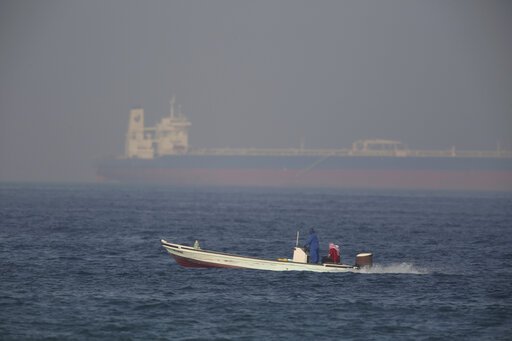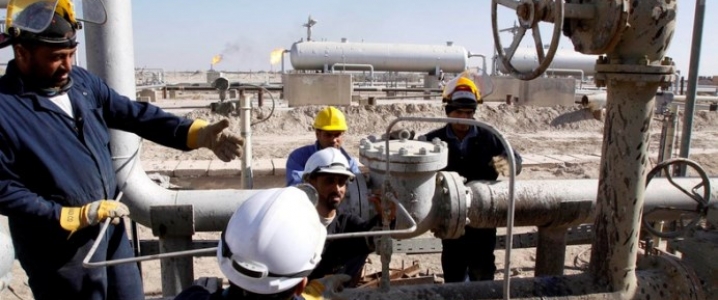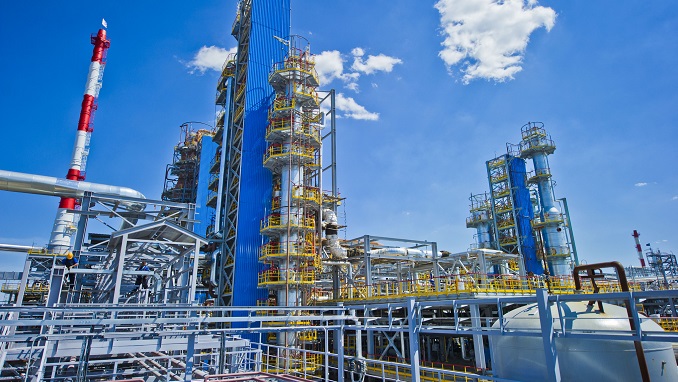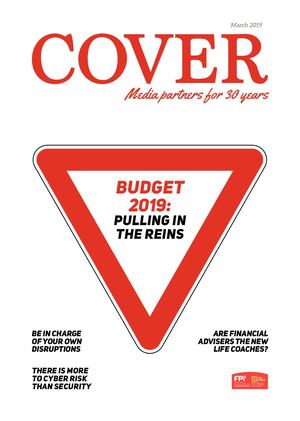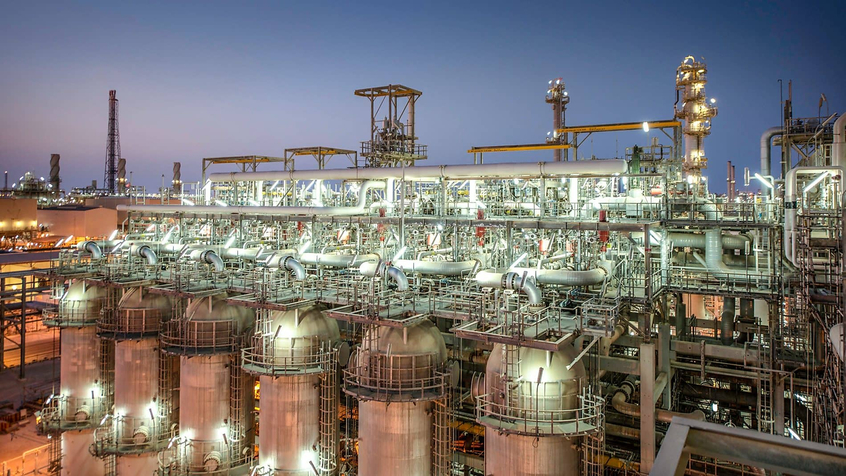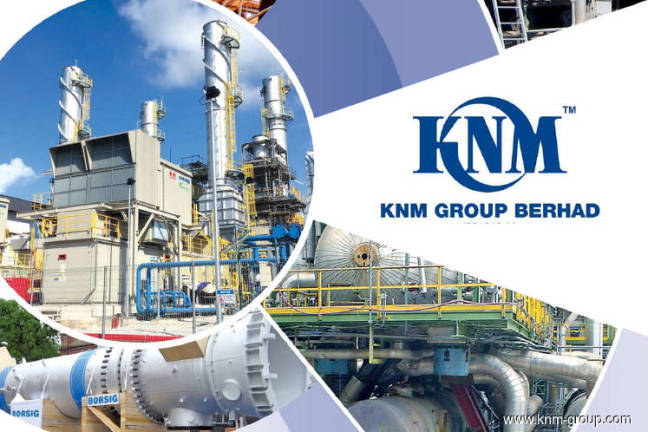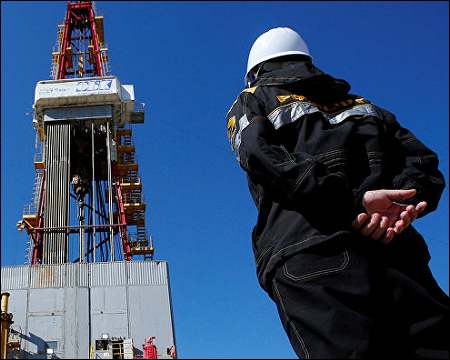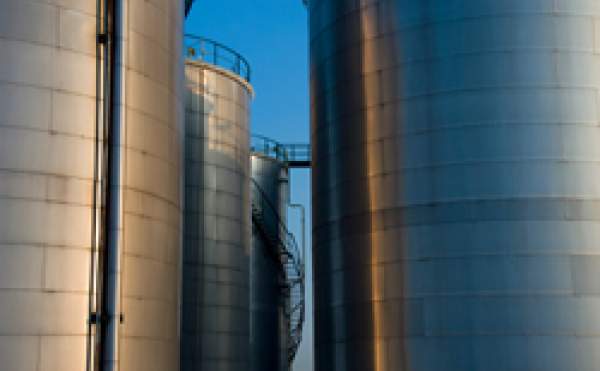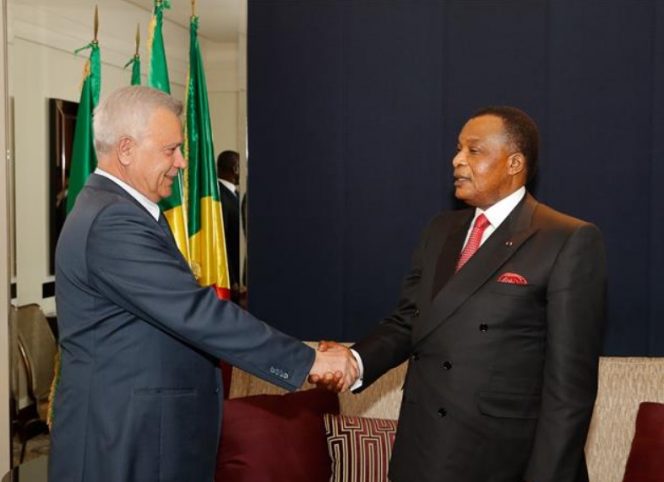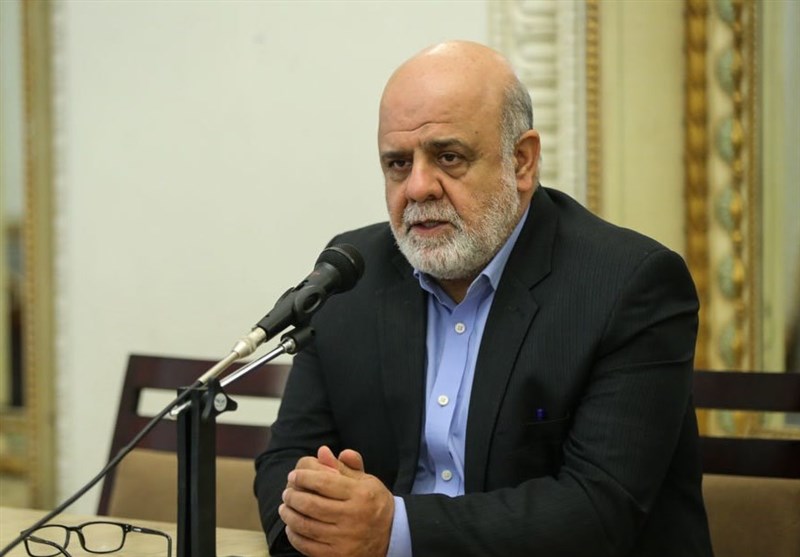JICA to Support Iraq’s Reconstruction and Revitalization through Upgrade of Basrah Refinery
Signing of Japanese ODA Loan Agreement for Iraq
On 16 June, 2019, the Japan International Cooperation Agency (JICA) and the Iraqi Government signed a loan agreement at Ministry of Finance in Baghdad.
The ODA (Official Development Assistance) loan amounting to JPY 110,000 million (approximately USD 1 billion) will be used for Basrah Refinery Upgrading Project. The loan agreement was signed by H.E. Mr. Fuad Mohammed Hussein, Minister of Finance and Masayuki Hirosawa, Chief Representative of JICA Iraq Office, in the presence of H.E. Mr. Hamid Younis Salih, Deputy Minister of Oil and H.E. Mr. Naofumi Hashimoto, Japanese Ambassador to Iraq. This concessional ODA loan aims to support the Government of Iraq in its efforts to reconstruct the country and revitalize its economy.
The loan named “Basrah Refinery Upgrading Project (II)” is the second tranche loan for Basrah Refinery Upgrading Project, one of the mega projects known in the region. For the same project, JICA previously concluded two loan agreements for (i) the engineering services loan in the amount of JPY 2,079 million and (ii) the first tranche loan in the amount of JPY 42,435 million.
The entire project aims to increase the quantity and quality of oil products including gasoline, diesel and kerosene, by installing a new refining plant called Fluid Catalytic Cracking (FCC) Complex in Basrah Refinery, which is one of the biggest oil refineries currently operational in Iraq. It will be implemented by South Refineries Company, Ministry of Oil.
Iraq has the world’s fifth-largest proven oil reserves and is currently OPEC’s second-largest producer. Nevertheless, most of the existing refineries in the country have been shut down or decreased their production capacity, suffered from damages and deterioration in the previous decades of conflicts. Many of the plans to construct new refineries have faced with challenges and delays and are yet to achieve substantial increase of the refining capacity.
On the contrary, the ongoing reconstruction efforts in liberated areas and the revitalization of socio-economic activities across the country have prompted huge demand for fuels, such as gasoline and diesel. As a result, despite being one of the largest oil producers, Iraq has no choice but to import the significant amount of oil products from neighboring countries so as to meet the demand for transport, power generation and industrial production.
Against this backdrop, the project to construct Iraq’s first-ever FCC Complex will increase the volume of the high-value added oil products, promote the transfer of refining technologies from Japan and help save valuable foreign currencies to import huge amount of fuels. The new plant will also reduce sulfur content in the products in accordance with the international environmental standards. Furthermore, the project is expected to pave the way for energizing private sector involvement in the downstream of Iraq’s energy industry and provide economic opportunities for the people of Iraq, especially in Basrah.
The loan is very concessional with the low interest rate and long repayment period: the interest rate of 0.20% and the repayment period of 40 years including 10-year grace period.
(Source: JICA)

